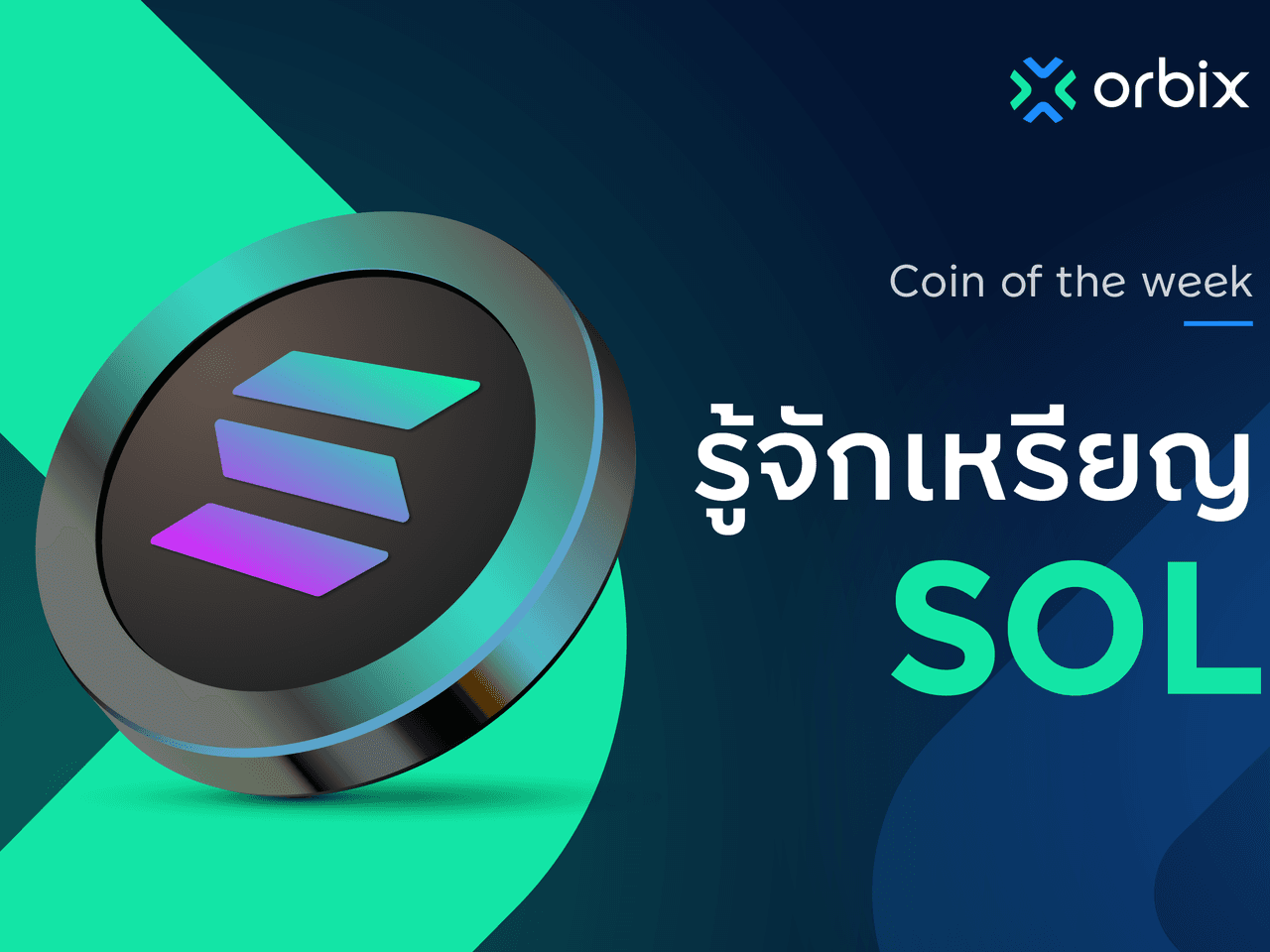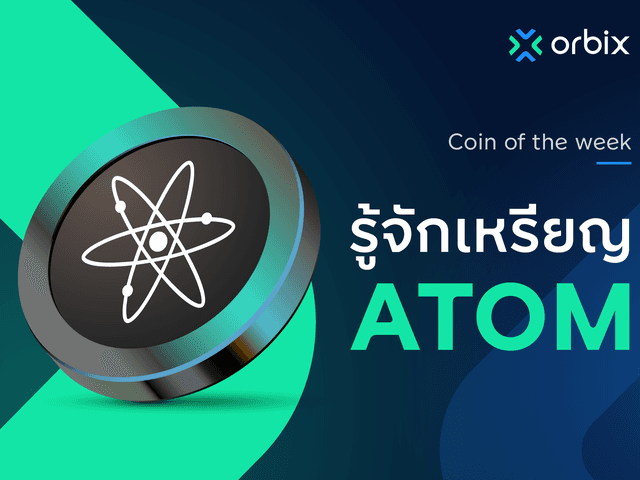
Blog
Get the latest trading news

Get the latest trading news
By orbix • Publish in Crypto 101 • Jan 12,2024 • 4 min read

Solana is a highly functional blockchain network with scalability and can support developers to develop DApp with a high-speed platform on the blockchain. Currently, Solana can process around 65,000 transactions per second, which is considered very fast to the point of being the fastest of all blockchains.
Solana Founder
Anatoly Yakovenko is the most important person behind Solana. His professional career started at Qualcomm, where he quickly moved up the ranks and became senior staff engineer manager in 2015. Later on, his professional path shifted, and Yakovenko entered a new position as a software engineer at Dropbox.
In 2017, Yakovenko started working on a project which would later materialize as Solana. He teamed up with his Qualcomm colleague Greg Fitzgerald, and they founded a project called Solana Labs. Attracting several more former Qualcomm colleagues and other members from other technology companies such as Apple, Qualcomm, Intel, Google, and Microsoft in the process, the Solana protocol and SOL token were released to the public in 2020.
Why Solana
As mentioned, Solana's processing speed can be considered to be the fastest in the blockchain industry, and this is due to the technology of combining the consensus of POS (Proof of stake) with the innovation of POH (Proof of History).
Proof of History relies on the creation of timestamps for proving the instance when a block was created on the blockchain. It works by using timestamps for transactions with a hash that could showcase when the transaction was validated. As a result, the whole blockchain network could turn its attention away from the sequential verifications of transaction claims.
With such fast processing speed, the fee or gas for each transaction is very low and stable at less than 0.001$ or less than 0.1 baht per transaction. Compared to Ethereum, the gas fee is very high and very unstable.
SOL Utility
SOL is the native token of Solana, mainly used as a fee for transactions and means of exchange on DApp on Solana Protocol. SOL holders also have the right to govern the direction of Solana Protocol as well.
SOL holders can stake tokens on Solana Network for transaction checks or gain more SOL.
Roadmap and Future of Solana
Solana is one of the blockchains that draw a lot of attention from developers due to the convenience of usage through Open Source. With the innovation of technology and strong tokenomic, Solana is one of the few blockchains that get to partner with Visa as an exchange platform for USDC stablecoin usage. Solana is one of the biggest Web3 and GameFi service providers that investors and users can mint and trade NFT.
Next article

Content Writer

What is Cosmos (ATOM)
Cosmos Network, also known as “Internet of Blockchain”
orbix
Dec 26,2023
2 min